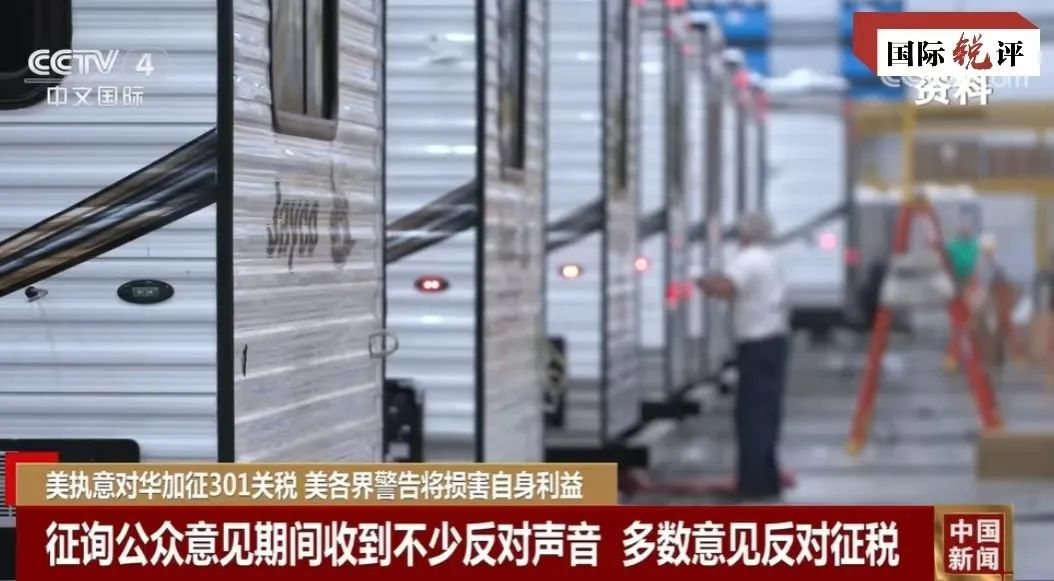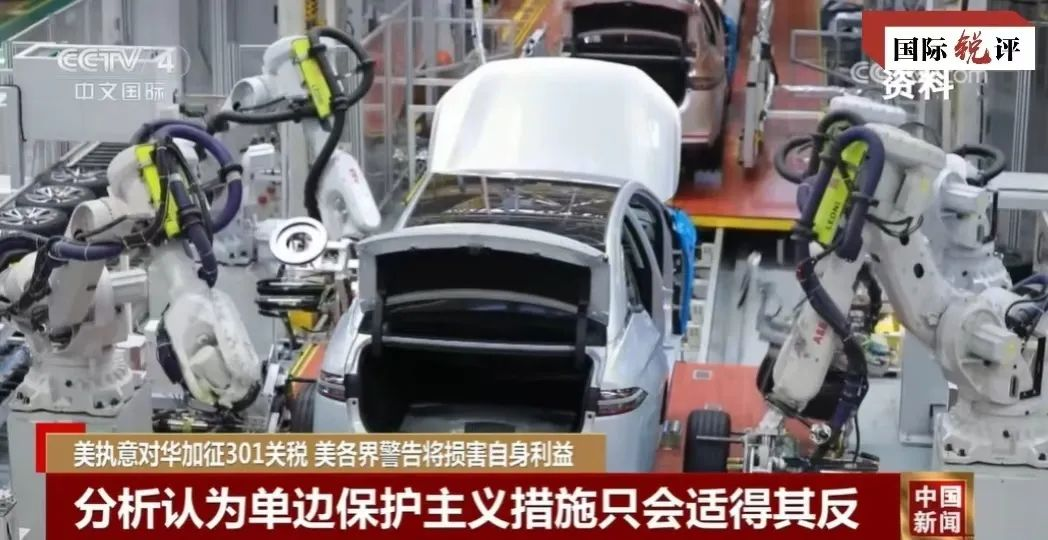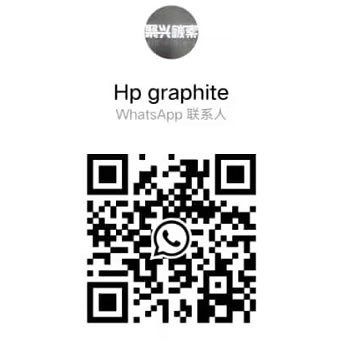[EV Tariff Dispute] The Triangular Struggle Among China, the US, and the EU
![[EV Tariff Dispute] The Triangular Struggle Among China, the US, and the EU](/uploads/article/20240923/d8f9ed65ef8f1a2278620a630244ec4b.jpg?2706)
[EV Tariff Dispute] The Triangular Struggle Among China, the US, and the EU: Who Will Emerge Victorious?
Recently, the issue of electric vehicle (EV) tariffs has once again escalated tensions between the US and the EU. On September 13, the US government confirmed a significant increase in tariffs on Chinese imports, including a 100% hike on electric vehicles, a 50% tariff on Chinese solar cells, and a 25% tariff on Chinese steel, aluminum, EV batteries, and key minerals. These tariffs are set to take effect on September 27, according to a statement from the US Trade Representative's Office. Product Parameters for Graphite Carburant Used in Lithium Battery Anode Materials.

Meanwhile, the EU has also been vocal about its stance on Chinese EV tariffs, drawing widespread market attention. On September 12, a spokesperson for the European Commission indicated that proposals from Chinese EV producers to resolve the EU’s anti-subsidy case had fallen short of expectations, leading to plans to reject these price pledge applications.
In response, China’s Ministry of Commerce expressed disappointment, urging the EU to show genuine sincerity and address the concerns of the Chinese industry. The Ministry criticized the EU's rejection of China's proposals as hasty and lacking in goodwill, while emphasizing the need for constructive dialogue.

The US's tariff hikes have faced strong opposition both domestically and internationally. Industry experts and economists argue that the new US tariffs, which also target critical materials like natural graphite and anode materials, may exacerbate trade tensions with China without resolving underlying issues. Instead, these measures could backfire, increasing production costs for American companies and weakening their global competitiveness. Ultimately, the higher tariffs are expected to raise domestic prices, with consumers bearing the brunt, while also disrupting global supply chains and damaging the US economy and international image.
The EU has proposed additional tariffs on Chinese EV imports, to which China has responded by increasing inspections on European food and beverage imports, including pork and brandy. Within the EU, opinions on whether to impose additional tariffs on Chinese EVs remain divided.Reports suggest that a vote on the final decision will take place on September 25, with at least 15 member states (representing 65% of the EU's population) needing to oppose the tariffs for the proposal to be blocked. Some nations, like Spain, have voiced opposition, calling on the EU to reconsider its tariff plan as they seek Chinese investment to boost their EV industry.

As global economies grow increasingly interdependent, the future of trade relations between the US, EU, and China requires a cautious approach. Dialogue and cooperation, rather than tariff wars, are essential for fostering healthy global economic growth and achieving mutual benefits.
(Sources: Cailianpress, CCTV News, Global Times)
Feel free to contact us anytime for more information about the artificial graphite anode market. Our team is dedicated to providing you with in-depth insights and customized assistance based on your needs. Whether you have questions about product specifications, market trends, or pricing, we are here to help.
No related results found








0 Replies